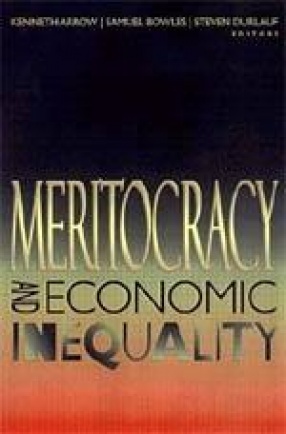Inequality, Cooperation, and Environmental Sustainability
Synopsis
Would improving the economic, social, and political condition of the world's disadvantaged people slow or accelerate environmental degradation? Leading social scientists in this volume provide answers to this difficult question, using new research on the impact of inequality on environmental sustainability. The contributors' findings suggest that inequality may exacerbate environmental problems by making it more difficult for individuals, groups and nations to cooperate in the design and enforcement of measures to protect natural assets ranging from local commons to the global climate. But a more equal division of a given amount of income could speed the process of environmental degradation. The contributors also find that the effect of inequality on cooperation and environmental sustainability depends critically on the economic and political institutions governing how people interact and the technical nature of the environmental asset in question. They focus on the local commons because many of the world's poorest depend on them for their livelihoods, and recent research has made great strides in showing how private incentives, group governance, and government policies might combine to protect these resources. This volume will be useful to students, teachers, and researchers of economics, environment and development studies. It would also interest policymakers, and environmentalists.
Read more
52.20
46.98
$
58.00 $
Free delivery Wolrdwidе in 10-18 days
Ships in 1-2 days from New Delhi
Membership for 1 Year $35.00
Get it now and save 10%
Get it now and save 10%
BECOME A MEMBER
Books by the same authors













Bibliographic information
Samuel Bowles
Jean-Marie Baland